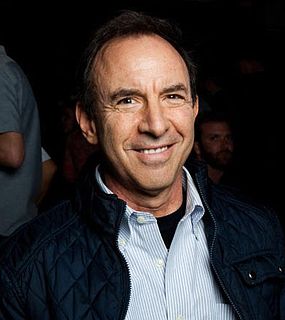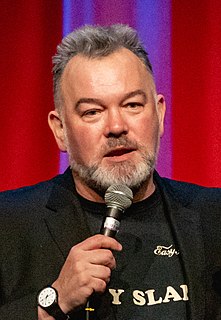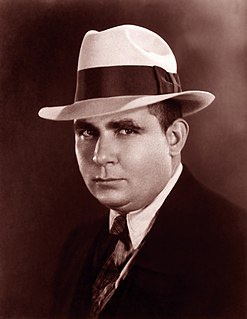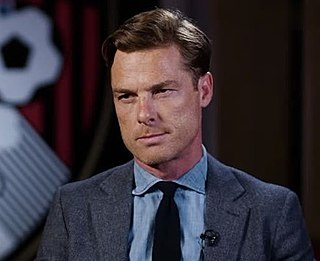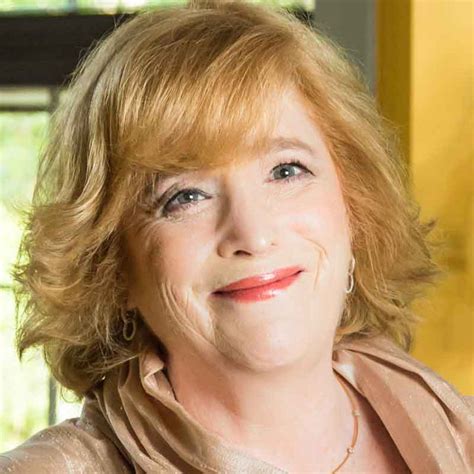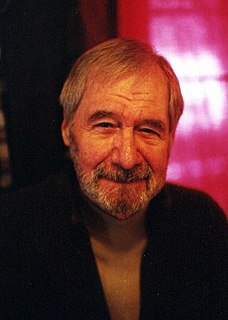A Quote by P. J. O'Rourke
I had grown up as a feature writer, and basically my career had been in The National Lampoon and as a magazine editor, and I'd never been a reporter.
Related Quotes
I was fired from my own television show, CBS's Family Law. It was the second time this had happened in my career, the first being when I was fired from The Facts of Life. I had been grateful to work in TV for so long but had always been chasing a career as a feature writer-director and had completely failed.
I was interested in creating things that I could be proud of and so, you know, I was interested in being an editor of a magazine, things that I could be proud of, and so, you know, I was interested in being an editor of a magazine, but in order to be an editor of a magazine I had to become a publisher as well. I had to pay the bills. I had to worry about the printing and the paper manufacturing and the distribution of that magazine.
I was co-editor of the magazine called The Jazz Review, which was a pioneering magazine because it was the only magazine, then or now, in which all the articles were written by musicians, by jazz men. They had been laboring for years under the stereotype that they weren't very articulate except when they picked up their horn.
My very first venture was a national student magazine to try to campaign against the [Vietnam] War. And so I wanted to be an editor. I wanted to bring the magazine out. And in order for the magazine to survive I had to worry about the printing and the paper manufacturing and the distribution. And, you know, I had to try to, at the end of the year, have more money coming in than going out.
And they did have fun, though it was of different kind now. All that yearning and passion had been replaced by a steady pulse of pleasure and satisfaction and occasional irritation, and this seemed to be a happy exchange; if there had been moments in her life when she had been more elated, there had never been a time when things had been more constant.


